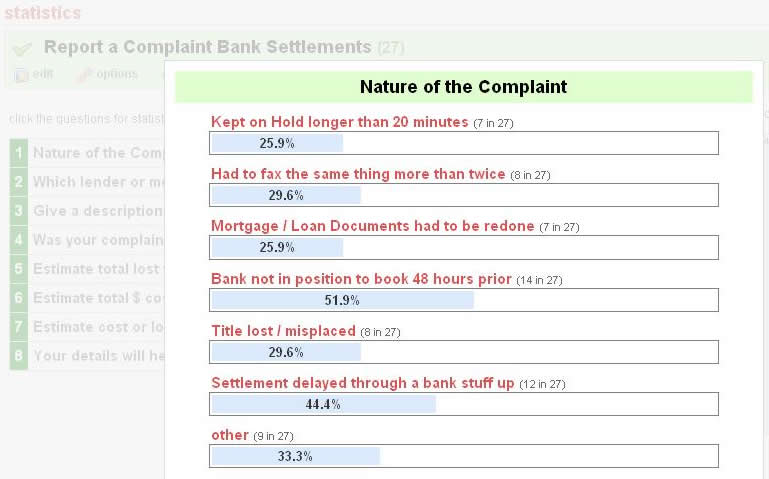THE federal Government is considering taking a direct equity stake in a new company that will own and control the proposed national electronic conveyancing network.
The plan is understood to have been triggered by fears that e-conveyancing is at risk of degenerating into a network of state-based systems.
The big banks have warned that unless e-conveyancing is established as a seamless national system, major savings in the cost of property transactions will be atrisk.
The proposal for the commonwealth to take an equity position is one of a series of options for e-conveyancing that are believed to be under consideration.
A direct equity stake will give the commonwealth a way of ensuring that the interests of individual states are not allowed to skew plans for a national e-conveyancing network.
If the proposal goes ahead, the future e-conveyancing system will be run by an unlisted public company wholly owned by the federal Government and all state and territory governments.
This is believed to be in line with government hopes that the efficiency gains from a streamlined e-conveyancing system will be passed on to home buyers.
All state and territory governments endorsed a national e-conveyancing system last month at the Council of Australian Governments meeting and the Standing Committee of Attorneys-General.
But the Victorian Government is still pushing ahead with plans for a network of state-based e-conveyancing systems modelled on that of Victoria.
The Victorian Government has spent about $40 million building its system, known as ECV, but it has failed to win the support of the main business users - solicitors and the big banks.
The Law Institute of Victoria is concerned about extra potential liability for solicitors associated with ECV while the banks have declined to use ECV until there is substantial progress towards establishing a national system.
Victoria's Department of Sustainability & Development this week distributed a document to officials in other states that said Victoria had been holding talks with Queensland about adopting a version of ECV.
Victoria and the federal and all other state governments are members of a national organisation known as the national electronic conveyancing steering committee, which is committed to building a national system in co-operation with the banks, conveyancers and solicitors.
But the document from the Victorian Department of Sustainability & Development describes a national system as a "long-term objective".
It says a Queensland deployment of ECV will be "a transitionary arrangement".
The Victorian Department of Sustainability & Development is also seeking to convene a meeting of interstate officials at which Victoria plans to unveil an alternative model for electronic conveyancing.
Department official Fiona Delahunt wrote to her interstate counterparts last Friday outlining details of an agreement she said had been reached with officials from other states.
She wrote that it had been agreed in Melbourne over two days early last month that Victoria would prepare the details of an alternative model for electronic conveyancing.
The commonwealth and the business users of conveyancing were not present at that meeting.
According to Ms Delahunt's letter, it had been agreed that Victoria would prepare a draft shareholders' agreement to establish a "national entity" that would be vested with the intellectual property in ECV.
It had also been agreed that Victoria would prepare draft governance arrangements.
However, one of the most senior officials in the NSW Department of Lands, Des Mooney, has raised doubts about the standing of the Melbourne meeting.
Mr Mooney, who is deputy director of the department, has told his interstate counterparts that NSW officials left the Melbourne meeting early.
"NSW considers nothing can be taken as binding in any form arising from the views expressed by the participants who remained," he wrote.
Chris Merritt, | Legal Affairs editor | April 11, 2008 | The Australian



